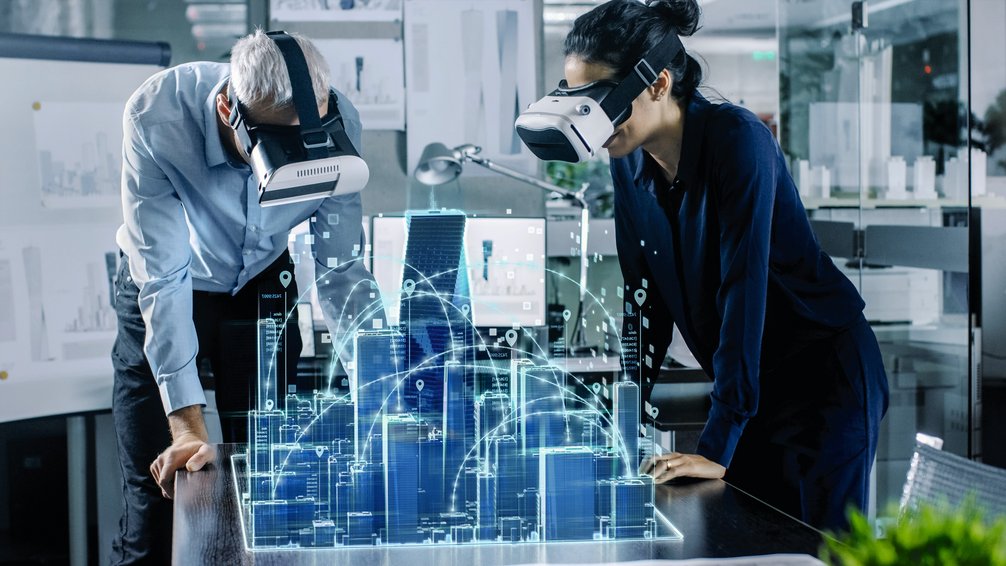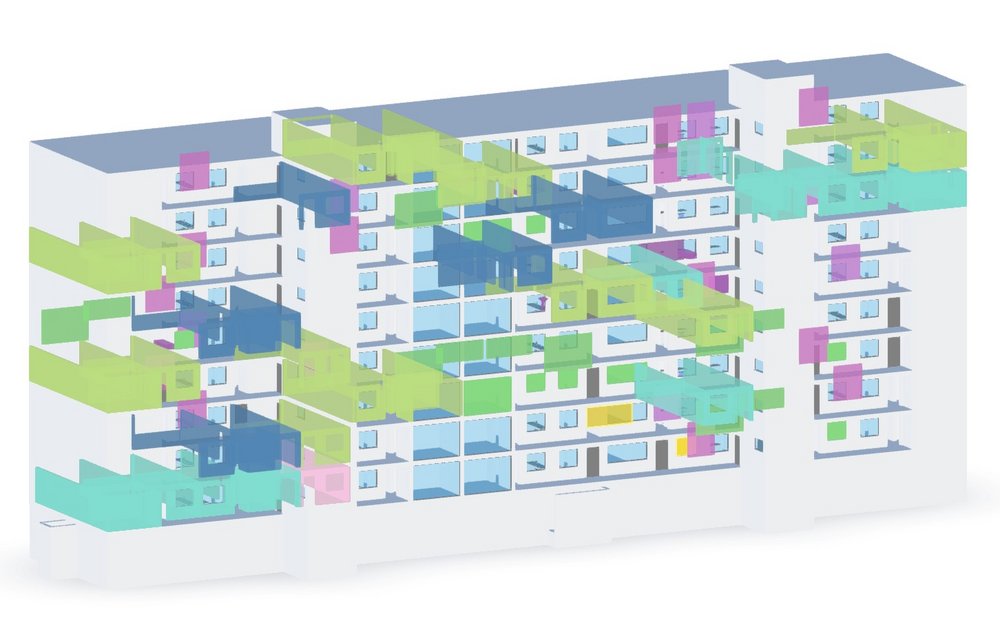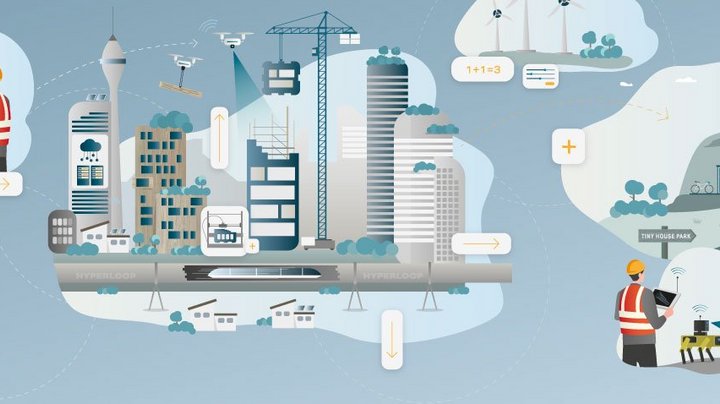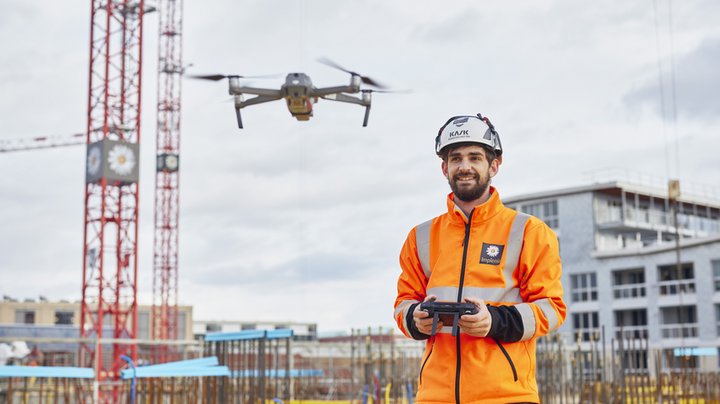Megatrends in the construction industry

However, beyond just the startup companies, what are some of the growing megatrends for construction industry innovation? I see three megatrends that are ready for application on infrastructure and building projects today.
1 Artificial intelligence
The first is the application of classic artificial intelligence to create expert systems and augment the knowledge of construction managers and engineers. One example is the use of generative construction scheduling. The software developed by ALICE technologies can help an expert scheduler create recipes for the construction of a specific object based on the project Building Information Model (BIM). The software can then generate millions of potential project schedules which the project team can further analyze and select the best one. In my courses, I teach students how to understand the algorithm and theory behind these artificial intelligence approaches to construction scheduling. In 2018, two masters students at ETH Zurich applied ALICE for the Implenia project Überlandstrasse and compared the results to the proposed schedule that was created using Takt Planning.
2 Reality capturing
Second, computer vision can help capture and recreate the built environment in the form of usable digital twins. In the past, when companies would like to re-create a BIM model using laser scanning, it could take days of manual software work to create an accurate 3D representation of existing space. Today, that process can take hours or even minutes. Leading researchers, including Dr. Iro Armeni at the Chair of Innovative & Industrial Construction, have developed novel computer vision methods to understand the context of point clouds or digital photos and transform them into an enriched BIM model. This research is now being realized in industry practice by leading startup companies. For example, Reconstruct is a new company that uses a drone for reality capture. They combine daily progress updates with the Building Information Model and the project schedule to enable real-time monitoring of construction. A similar company called Scaled Robotics uses field robotics such as the SPOT robot by Boston Dynamics to recreate interior representations of space. Implenia has already partnered with Scaled Robotics for a test implementation.
3 Industrialised construction
Third, the application of Industrialized Construction continues to grow, despite the recent high profile failure of the company Katerra. Internationally, there have been new startups or initiatives use modular construction, kit-of-parts, 3D printing or other methods of digital fabrication to increase quality and reduce project schedules. The trend seems to be moving away from vertically-integrated business models and towards a more flexible business model. We call this business model the “digital systems integrator” or “orchestrator” model because it focuses on supply chain coordination and industrialization while avoiding the high costs of owning and operating a factory. Finally, it seems that 3D printing will finally scale on the market, as evidenced by several new successful efforts in Switzerland and Germany.
As a final point, one might notice that Building Information Modeling (BIM) in not listed above. In my opinion, BIM is no longer a novel technology. BIM is the new standard for managing construction projects. Most Contech trends now assume that a project has an updated BIM model. In this matter, I see Switzerland and Germany as behind but at the same time rapidly catching up to the international state-of-art. One future need is to train and develop future construction managers with digital skills. Construction project teams can no longer rely on centralized technology teams to “do BIM for them.” Digital engineering management skills must expand to the day-to-day members of the project teams.

OUR GUEST AUTHOR
This article was written by Daniel Hall, Assistant Professor of Innovative and Industrial Construction at the Department of Civil, Environmental and Geomatic Engineering of ETH Zürich. The overarching theme of his research is to enhance governance, productivity, and innovation in construction projects through a transformation from fragmented project delivery methods to new organizational models that integrate the supply chain of the vertically and horizontally fragmented construction industry.
Contact Daniel Hall hall@ibi.baug.ethz.ch






